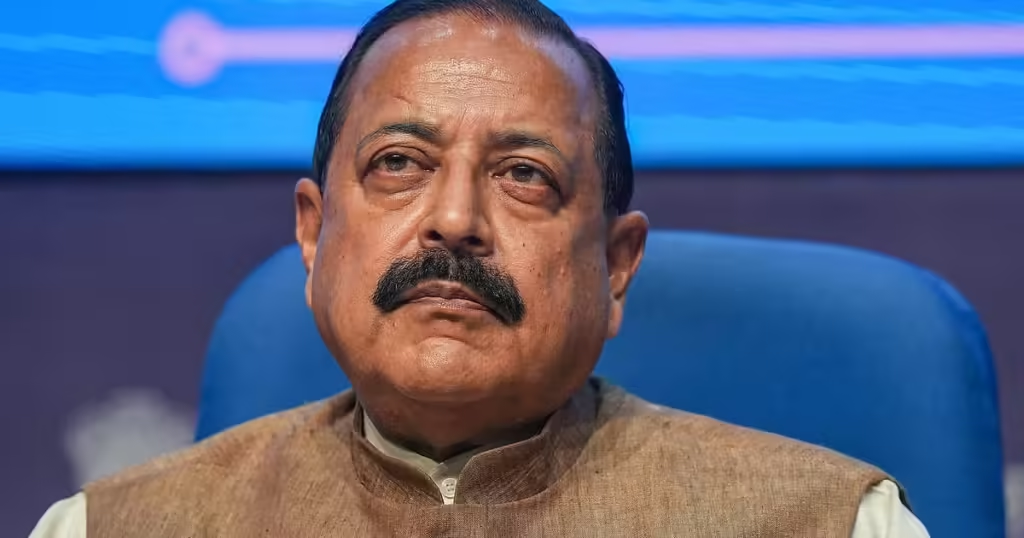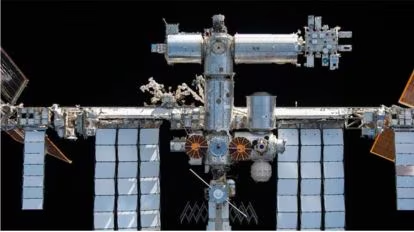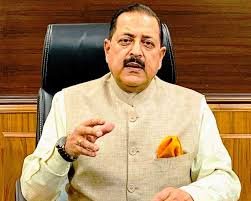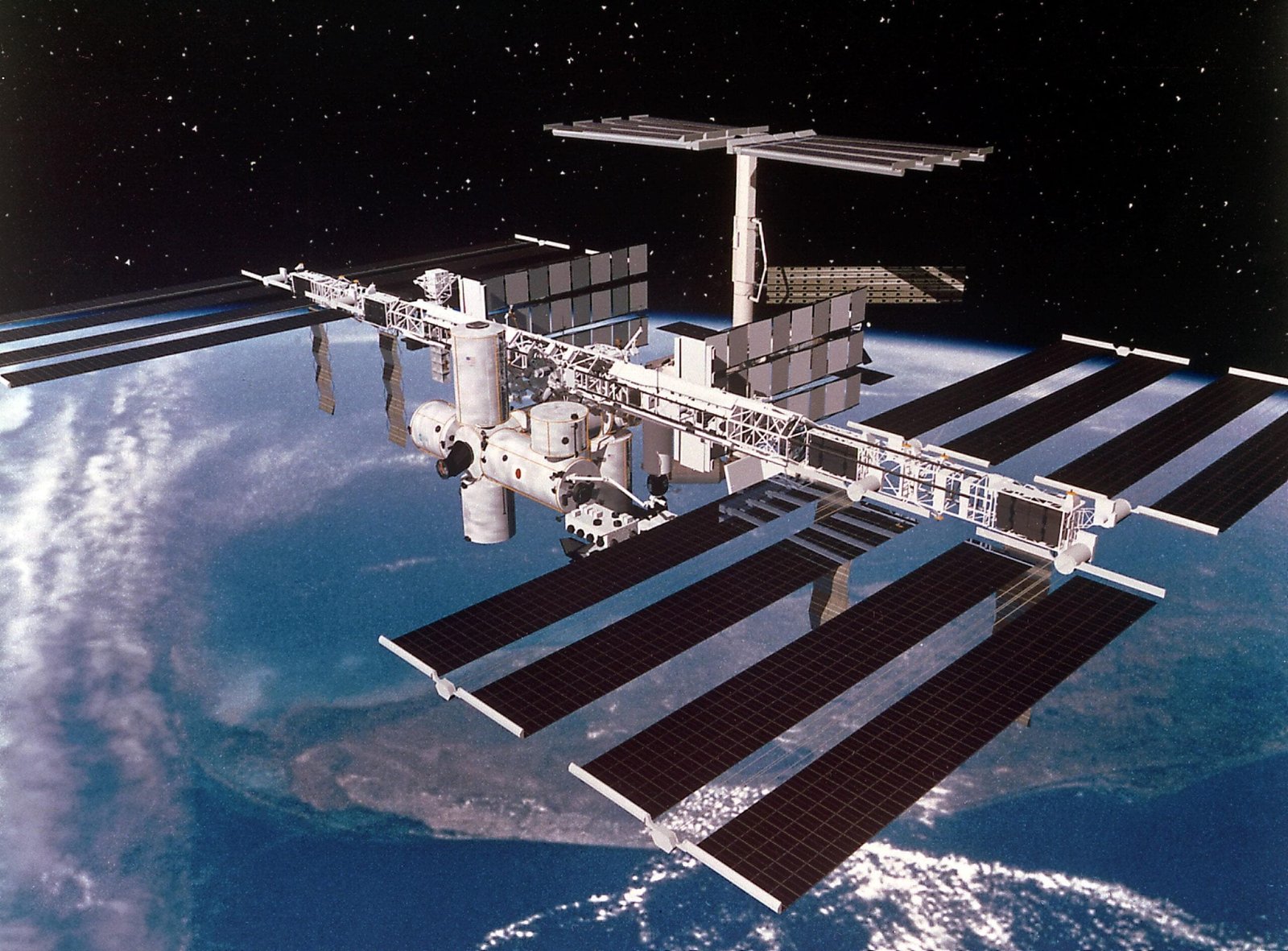Table of Contents
Introduction
In a significant development for India’s space exploration ambitions, an Indian astronaut is likely to fly to the International Space Station (ISS) by April 2024. This milestone, announced by Union Minister Jitendra Singh, marks a pivotal moment in India’s space journey, bringing the country closer to joining the elite group of nations that have successfully sent astronauts to the ISS. As India prepares for this groundbreaking mission, the world watches with anticipation as the nation’s space program reaches new heights.
India’s Ambitious Space Mission
India’s plan to send an astronaut to the ISS is a testament to the country’s growing capabilities in space exploration. The mission is part of India’s broader vision to establish itself as a major player in space research and technology. The announcement made by Jitendra Singh highlights the government’s commitment to advancing India’s space endeavors, building on the successes of previous missions such as Chandrayaan and Mangalyaan.

This mission to the ISS is not only a technical achievement but also a symbol of India’s aspirations to explore the final frontier. By sending an astronaut to the ISS, India will demonstrate its ability to contribute to global space research and foster international collaboration.
Significance of the ISS Mission
The International Space Station, a symbol of international cooperation in space, has been a hub for scientific research and technological advancements for over two decades. India’s participation in this global endeavor is a significant step forward, positioning the country as a key player in space exploration. The mission to the ISS will enable Indian scientists to conduct experiments in a microgravity environment, contributing to a better understanding of space and its effects on the human body.

Moreover, this mission will enhance India’s reputation in the global space community, showcasing its capabilities in human spaceflight. It will also open up opportunities for future collaborations with other space agencies, further solidifying India’s role in space exploration.
Training and Preparation
Preparing an astronaut for a mission to the ISS is a complex and rigorous process. The chosen astronaut will undergo extensive training, which includes simulations of various space scenarios, physical conditioning and learning to operate the systems aboard the ISS. The training will likely take place in collaboration with international space agencies, providing the astronaut with the necessary skills and experience to undertake the mission successfully.

This training will also involve familiarization with the experiments that will be conducted on the ISS, as well as contingency planning for potential challenges that may arise during the mission. The selection process for the astronaut is expected to be highly competitive, with the final candidate being chosen based on their technical expertise, physical fitness and ability to perform under pressure.
India’s Growing Space Capabilities
India’s space program has made significant strides in recent years, with a series of successful missions that have captured global attention. The Indian Space Research Organisation (ISRO) has played a crucial role in these achievements, leading missions that have expanded our understanding of space and demonstrated India’s technological prowess.
The planned mission to the ISS is a continuation of this trajectory, building on the success of missions like Chandrayaan-2, which explored the Moon and Mangalyaan, India’s Mars orbiter. These missions have established ISRO as a leader in space exploration and the upcoming ISS mission will further enhance India’s capabilities and reputation in the field.
Global Collaborations
The mission to the ISS will require close collaboration with other space agencies, including NASA and the European Space Agency (ESA). These partnerships are essential for the success of the mission, as they provide access to the ISS and the necessary resources and expertise.
India has a history of successful collaborations in space exploration and this mission will likely involve joint efforts in training, technology transfer and scientific research. Such collaborations are not only beneficial for the mission but also for strengthening diplomatic ties and fostering international cooperation in space.
Future Prospects
Looking beyond the ISS mission, India’s space program has several ambitious plans for the future. These include the Gaganyaan mission, which aims to send Indian astronauts into space aboard an Indian spacecraft and further exploration of the Moon and Mars. The experience gained from the ISS mission will be invaluable in preparing for these future endeavors.
India’s participation in the ISS mission also opens up possibilities for more significant roles in global space initiatives, such as deep space exploration and the potential establishment of a lunar base. As India continues to expand its space capabilities, it is poised to become a major player in the exploration of space.
Conclusion
The upcoming mission to the International Space Station marks a historic moment for India’s space program. As the country prepares to send its first astronaut to the ISS, it is clear that India is on a trajectory to becoming a global leader in space exploration. This mission, supported by international collaborations, will not only enhance India’s space capabilities but also inspire a new generation of scientists and engineers.
As India reaches for the stars, the world will be watching closely, eager to see what the future holds for this rising space power.
Sources: Hindustan Times, Economic Times
For Latest News Updates Click Here
